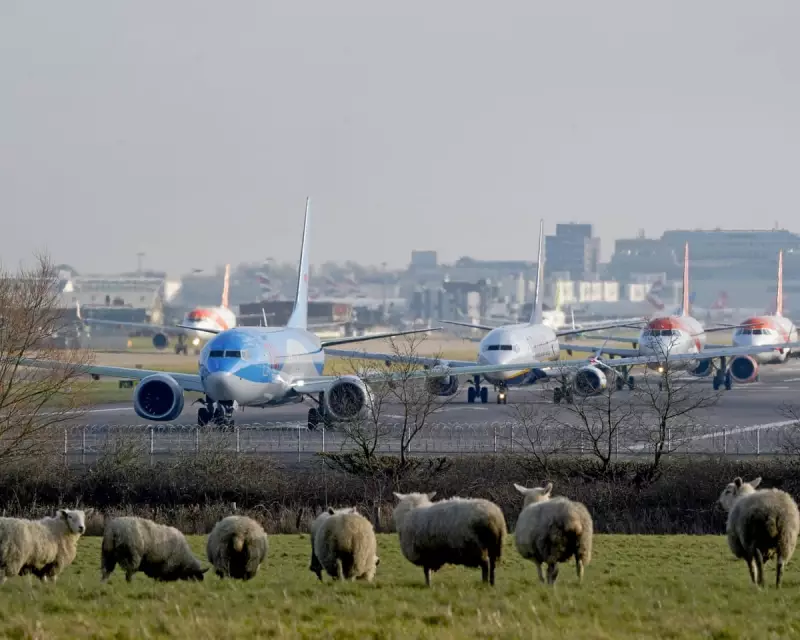
Chancellor Rachel Reeves is facing a political firestorm after using her first major speech on transport to throw the government's full weight behind a controversial second runway at Gatwick Airport. The move, hailed by Reeves as essential for fuelling economic growth and creating jobs, has been immediately condemned by environmental campaigners as a 'disaster' for the climate and local communities.
In a keynote address in London, the Chancellor positioned the expansion as a cornerstone of the government's strategy to 'kickstart economic growth' and 'make Britain competitive.' She argued that the new infrastructure is critical for connecting the nation to global growth markets, supporting thousands of new jobs in the process.
A Wave of Immediate Opposition
The announcement was met with swift and fierce opposition. The campaign group CAGNE (Communities Against Gatwick Noise and Emissions) lambasted the decision, declaring the government had 'declared war on the environment and well-being of local communities.'
Environmental giants Greenpeace UK joined the chorus of disapproval, labelling the plan a 'disaster' and accusing the government of being 'in denial' about the severe climate impacts of increased aviation. The criticism underscores the tightrope the government walks between its economic ambitions and its environmental commitments.
Economic Promise vs. Environmental Peril
Reeves's argument hinges on the projected economic benefits. The expansion is framed as a necessary step to boost international trade, attract business investment, and solidify the UK's position as a global hub following years of economic uncertainty.
However, opponents are quick to counter these claims. They point to the devastating environmental cost, including increased carbon emissions, heightened noise pollution for Surrey and Sussex residents, and the destruction of local wildlife habitats. The central question remains: can the pursuit of economic growth truly be reconciled with the UK's legal obligation to reach net-zero emissions?
This development signals a major battle ahead, pitting the government's growth agenda against the powerful and vocal demands of the environmental movement.





